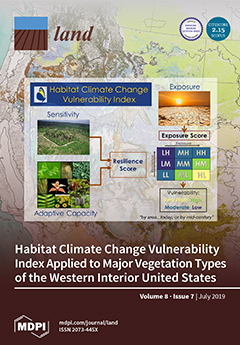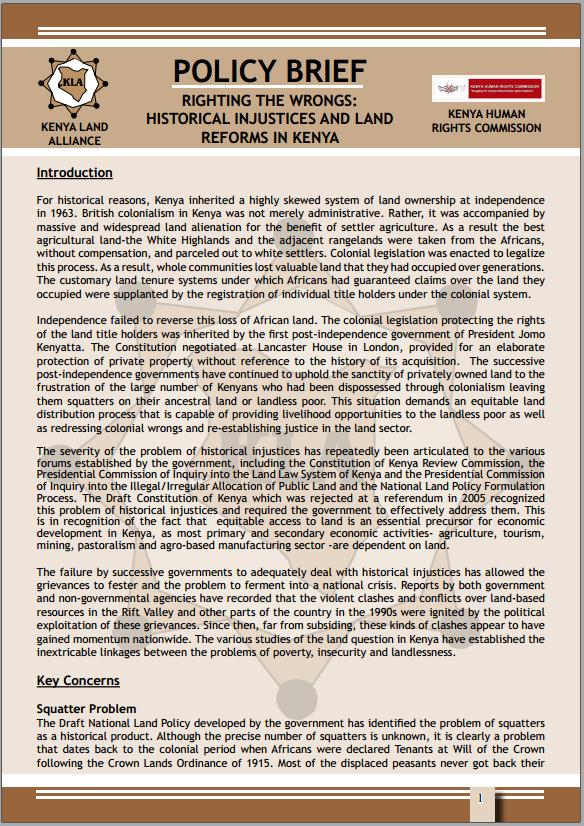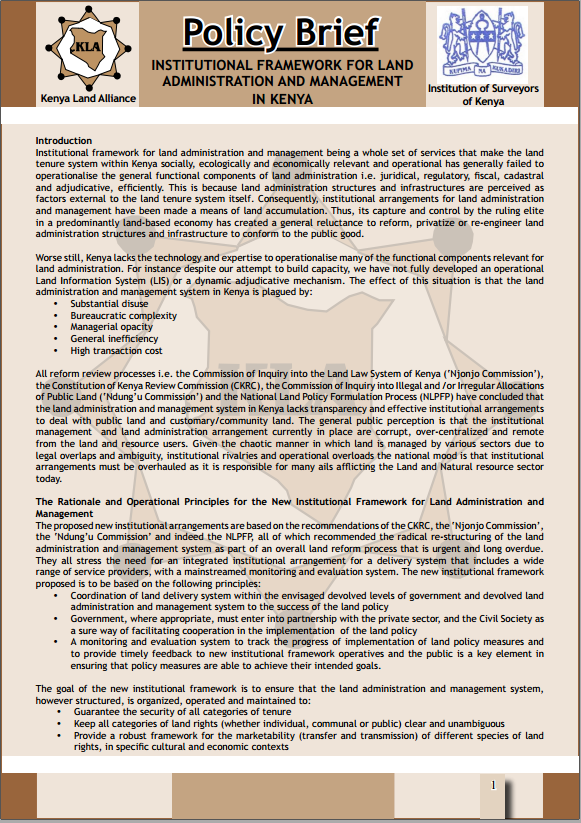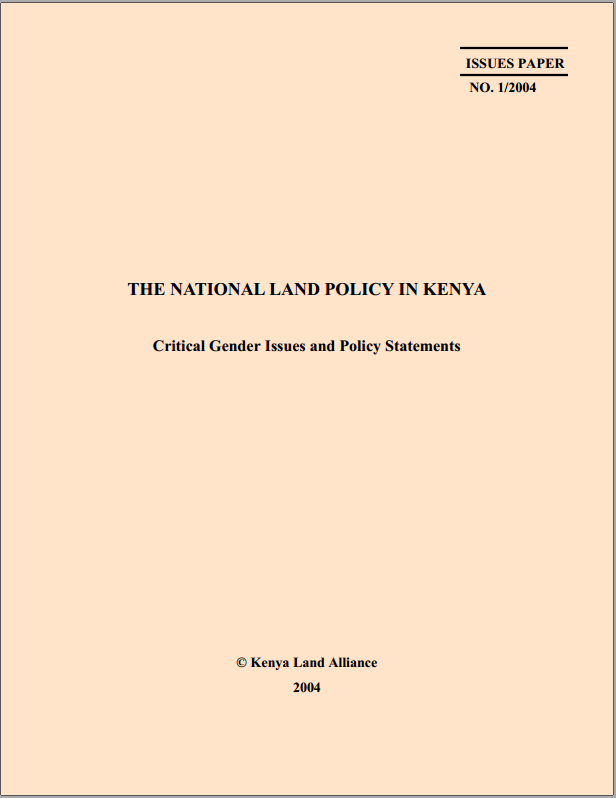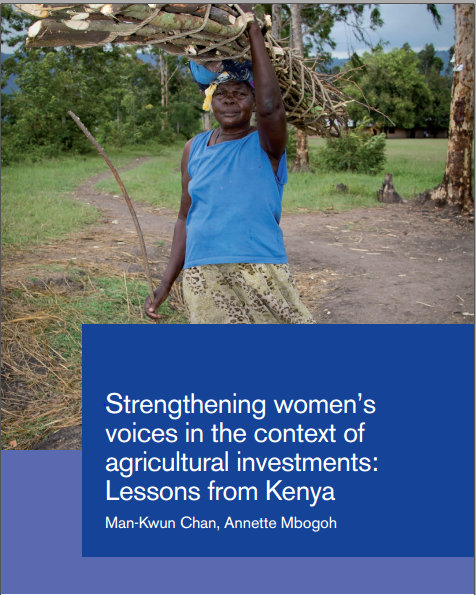Between Promising Advances and Deepening Concerns: A Bottom-Up Review of Trends in Land Governance 2015–2018
An evolving land governance context compounds the case for practitioners to closely track developments as they unfold. While much research sheds light on key trends, questions remain about approaches for collective bottom-up analysis led by land governance practitioners themselves. This study presents findings from an initiative to test such an approach. Drawing on written submissions made in response to an open call for contributions, the study discusses global trends in land governance over the period 2015–2018.

